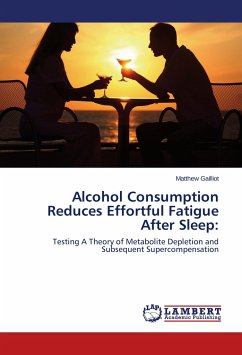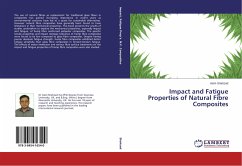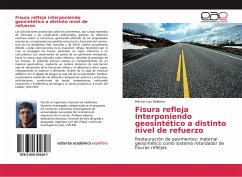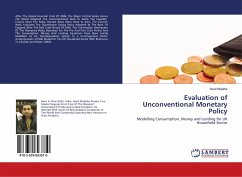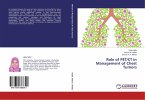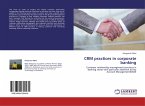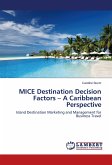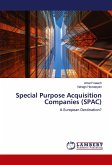The current work examined whether greater alcohol consumption at night would predict less effortful fatigue the next morning. The theory is that effortful thought and behavior benefit from additional stored metabolites, and that drinking alcohol temporarily reduces metabolites but later increases them. Participants attended a drinking, social event at night. The next morning, they completed an effortful task (a breath-blowing task requiring forceful exertion and persistence) before and after a mentally fatiguing task (controlling attention). Consuming more alcohol during the event predicted less fatigue on the effortful breath-blowing task, computed as the difference between performance on the task before and after the attention control task. Alcohol consumption might be one strategy for reducing later fatigue on effortful tasks.
Bitte wählen Sie Ihr Anliegen aus.
Rechnungen
Retourenschein anfordern
Bestellstatus
Storno

